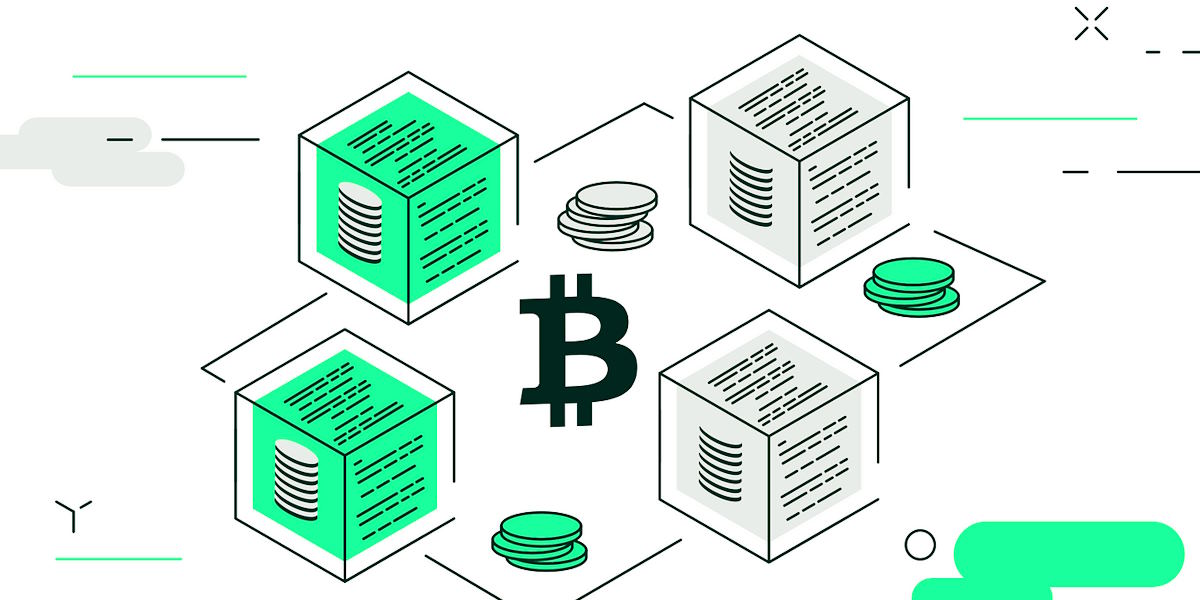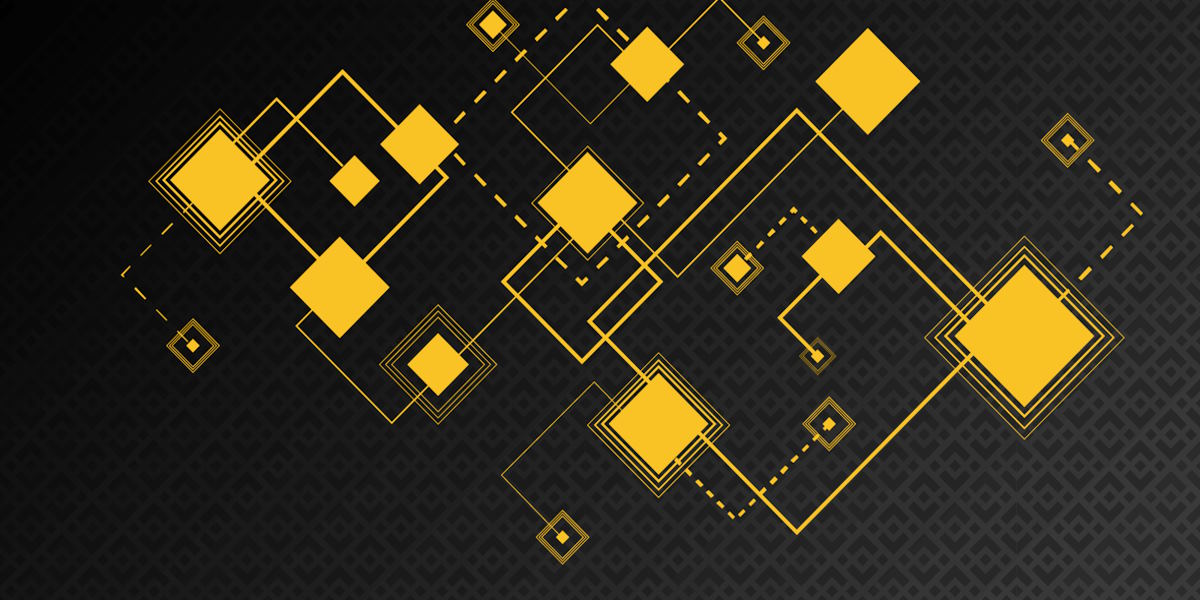The Role of Full Nodes in a Decentralized Network

Full nodes are critical components of decentralized networks, particularly in blockchain systems. They play a pivotal role in maintaining the security, integrity, and functionality of these networks. This article explores the full nodes in decentralized networks, their importance in decentralized networks, and how they contribute to maintaining blockchain integrity.
What Are Full Nodes?
- Definition and Functionality
Full nodes are network participants that maintain a complete copy of the blockchain ledger. Unlike light nodes, which only store a portion of the blockchain or rely on other nodes for data, full nodes validate and relay transactions, ensuring they comply with the network’s protocol rules.
- Key Characteristics
- Complete Blockchain Copy: Full nodes download and store the entire blockchain history, from the genesis block to the latest block.
- Validation of Transactions: They validate transactions and blocks against network consensus rules, ensuring that only legitimate transactions are accepted.
- Network Connectivity: Full nodes connect to other nodes in the network, sharing information and helping propagate transactions and blocks.
Importance of Full Nodes for Network Security
- Enhancing Security
- Consensus Enforcement: Full nodes enforce the network’s consensus rules, preventing invalid transactions and blocks from being added to the blockchain. This helps maintain the network’s security and integrity.
- Resistance to Attacks: By validating and storing the entire blockchain, full nodes help defend against various types of attacks, such as double-spending and Sybil attacks, ensuring the network remains trustworthy and resilient.
- Decentralization and Trust
- Distributed Control: Full nodes contribute to the decentralization of the network by distributing control and data across many independent participants. This reduces the risk of centralization and enhances the overall security of the network.
- Trustworthiness: By operating full nodes, participants help ensure that the network operates transparently and fairly, as every node independently verifies transactions and blocks.
Maintaining Blockchain Integrity with Full Nodes
- Data Integrity
- Accurate Record-Keeping: Full nodes keep an accurate and up-to-date record of the blockchain, ensuring that all transactions are correctly recorded and that the blockchain’s history is preserved.
- Synchronization: They help synchronize the network by disseminating accurate and consistent data, preventing discrepancies, and maintaining the integrity of the blockchain.
- Network Reliability
- Transaction Propagation: Full nodes facilitate the propagation of transactions and blocks across the network, helping to ensure timely and reliable updates to the blockchain.
- Network Health: A robust network of full nodes contributes to the overall health and efficiency of the blockchain, as they provide redundancy and support the network’s ongoing operation.
Full nodes are essential to the security, integrity, and reliability of decentralized networks. By maintaining a complete copy of the blockchain, validating transactions, and contributing to network decentralization, full nodes play a critical role in ensuring the effective operation of blockchain systems. Their presence enhances security, supports decentralization, and helps maintain the integrity of the blockchain, making them indispensable components of a decentralized network.


